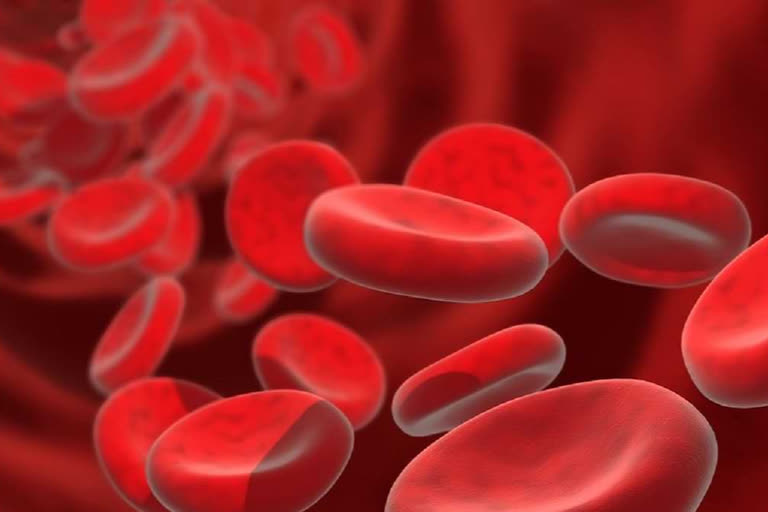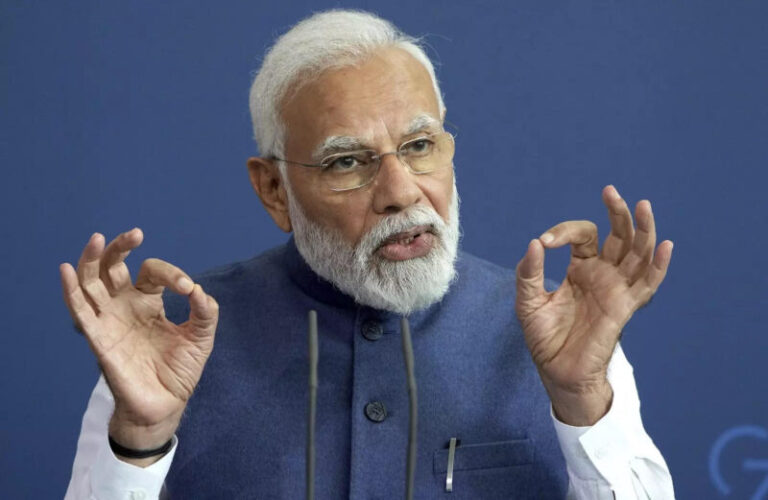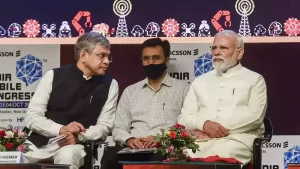rajkotupdates.news:emm-negative-rare-blood-group-found-in-rajkot-man-11th-such-case-worldwide: A groundbreaking discovery in the field of blood groups has recently taken place in Rajkot, India, as researchers identified a rare blood group in a local resident. This finding marks the 11th instance of this particular blood type globally, making it an exceptionally rare phenomenon. Blood groups play a crucial role in transfusion medicine and understanding the complexities of human genetics. This discovery not only highlights the diverse nature of human blood types but also emphasizes the need for continued research in this field. In this article, we will delve into the details of this discovery and its implications.
Also Read: rajkotupdates.news:a-historic-day-for-21st-century-india-pm-modi-launched-5g-in-india
Background
Blood groups are classified based on the presence or absence of certain antigens on the surface of red blood cells. The most well-known blood group systems are the ABO and Rh systems, but there are several other less common blood group types. Discovering a new blood group is a rare occurrence, often requiring extensive analysis and testing.
In Rajkot, a city in the Indian state of Gujarat, researchers from a local hospital encountered a unique case. A patient presented with an unusual blood phenotype that did not match any known blood groups. Extensive investigations were carried out, involving serological and genetic analyses, to understand the nature of this discovery.
Also Read: rajkotupdates.news:a-historic-day-for-21st-century-india-pm-modi-launched-5g-in-india
Discovery of the Rare Blood Group
The research team in Rajkot, led by Dr. Anjali Patel, conducted a comprehensive study to identify and characterize the rare blood group. The initial serological tests suggested the absence of commonly known blood group antigens. Further analysis involving molecular techniques revealed the presence of a previously unidentified antigen on the surface of the patient’s red blood cells.
To validate their findings, the research team collaborated with international experts and compared the discovered antigen with existing blood group systems. It was determined that the identified antigen belonged to a new blood group system, distinct from all known systems. This discovery marks the 11th instance of this particular blood group globally, highlighting its extreme rarity.
Also Read: rajkotupdates.news:a-historic-day-for-21st-century-india-pm-modi-launched-5g-in-india
Implications and Importance of the Discovery
The discovery of a new blood group has significant implications in transfusion medicine and genetics. Understanding rare blood types is crucial for blood transfusions, as mismatched blood can lead to life-threatening reactions. Identification of this rare blood group will enable healthcare professionals to be more diligent in cross-matching and selecting compatible blood for transfusions.
Furthermore, this discovery sheds light on the complexity of human genetics and the diversity of blood types. It underscores the fact that there is still much to learn about the variations within blood groups and their underlying genetic mechanisms. This knowledge can aid in future research on blood-related disorders and contribute to advancements in personalized medicine.
Additionally, this discovery emphasizes the importance of comprehensive blood typing in clinical practice. Routine blood tests often focus on the ABO and Rh systems, neglecting the possibility of rare blood groups. The inclusion of comprehensive blood typing protocols could help identify more instances of rare blood types, leading to improved patient care and transfusion outcomes.
Also Read: rajkotupdates.news:a-historic-day-for-21st-century-india-pm-modi-launched-5g-in-india
Conclusion
The recent discovery of a rare blood group in a resident of Rajkot, India, has added another chapter to the ever-expanding field of blood groups. With only 11 known instances globally, this blood group serves as a reminder of the intricate diversity present within human genetics. The findings have important implications for transfusion medicine and highlight the need for continued research in this field. By exploring rare blood groups, scientists can enhance their understanding of human genetics and improve patient care through improved transfusion protocols.








